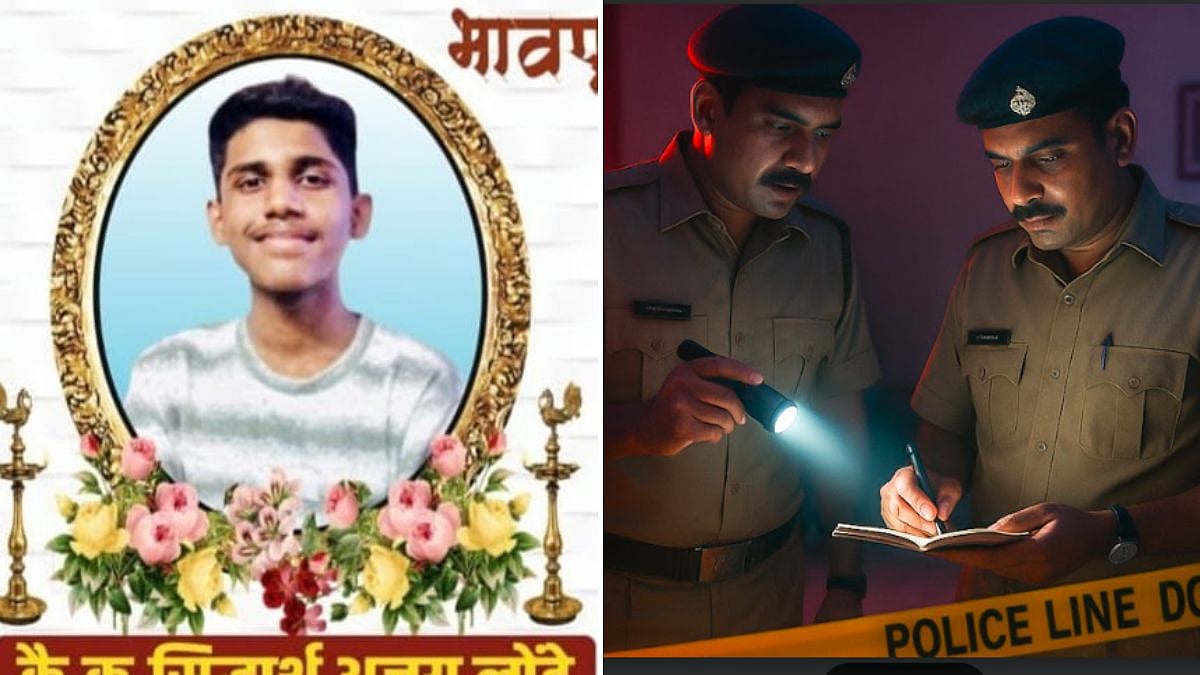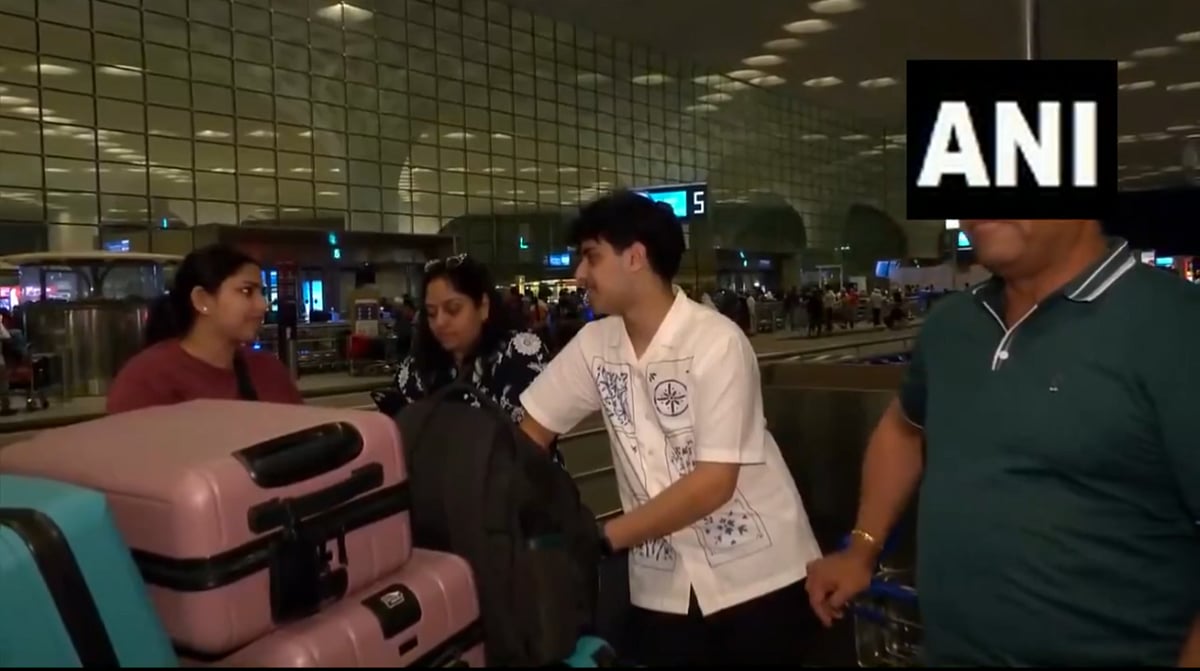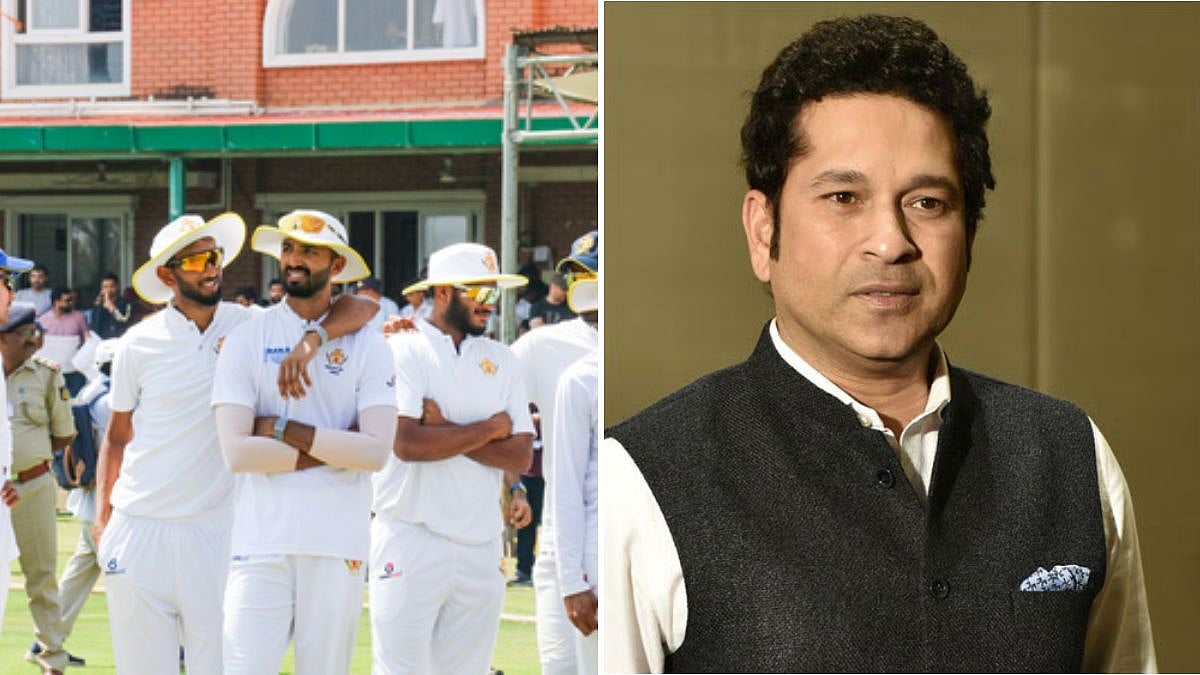My son — then four — and I were sharing an elevator with a stranger. Suddenly, the stranger spoke to my boy: “Shall I drop my watch into your cycle basket?”
It was a teasing question, the kind grown-ups toss at children when they want to amuse themselves.
Until that point, my son had been reticent, reluctant to engage with those he wasn’t acquainted with. I expected him to hide behind me, as he usually did in social situations, and stare shoe-ward.
Instead, my son looked directly at the stranger and said, “Sure. But I can’t promise I will return the watch.”
The stranger laughed. As did my son.
I was much too flabbergasted to. My son had for the first time engaged with someone he didn’t know at all — and he had responded with a repartee.
Well before the incident in the elevator, concerned acquaintances had told me, “But of course your son won’t speak to strangers. I mean — he hasn’t been socialised, has he? He hasn’t been to school.”
I find it interesting, the ideas that seem to conflate in these statements — the assumption that socialisation has to be taught by placing the child in a strange environment among those of an identical age. As though we, as human beings, are incapable of engaging or responding with wisdom and concern and the occasional riposte if we aren’t severed from parental contact. As though we can only ever ask and answer if we are planted in a brick enclosure under the supervision of adults we have no connection with.
I find it interesting, too, the assumption that socialisation is synonymous with dialoguing with strangers. For a long time — let me admit it — I harboured the fear that my son spent his waking hours pottering around me. What then of that hallowed word — socialisation?
On an especially anxious day, my friend Supriya, homeschooling mother extraordinaire, intervened. She reminded me, “But you’re also a person, right? You, too, are ‘social contact’.”
I had forgotten — my existence in my child’s life amounted to something; it counted.
The thing is, we are so present in the lives of our children, our stories are so closely entwined, that we forget entirely that we are “others”; that our kids are learning to view us as separate beings. We are practising our social skills on one another. Our kids argue, push back, question — and we, through our responses, the way we acknowledge and embrace or gently refuse their demands, the way we falter, rage, and then apologise, show them how two fallible beings can live with one another, how they can accommodate competing needs, how they can and must negotiate peaceful resolutions.
The fact also is that over time our vital presence in the lives of our offspring has been systematically devalued — to the extent that the time we spend with them has been detached from learning and skill-gathering and yes, social dexterity. These are terms we have come to associate with an educational system; to view as bequests that can only shower down, school to child. And in the process, we have allowed ourselves — the primary caregivers — to get cast as minor, somewhat frivolous, characters in the lives of our children.
It is this that Gordon Neufeld, a psychologist I hold in the highest esteem, and Gabor Mate speak of in their seminal work, Hold on to Your Kids. They state that the significance of a parent in a child’s socialisation (and indeed developmental) journey cannot be overstated; that it is only right that “a child seeks contact and closeness with us”, their primary caregivers, and it is only appropriate that we assume full centre stage, playing, at various points, the role of “a nurturer, a comforter, a guide, a model, a teacher, or a coach”.
We, as parents, are sufficient as our offspring’s mentors, confidantes, playmates — yes, even and especially playmates — in the early years, when they’re tender and wanting and so very impressionable. We are meant to be our children’s world, their whole entire world — until such time that they are ready to leap joyfully beyond, into a vaster, far vaster, and more unpredictable landscape.
Today, my son is a reminder that my initial anxieties were unfounded; that they sprang, not from a place of intimate knowledge of my child, or of myself, but in response to the manufactured paranoia of a broken-down culture.
My son — the toddler who was quick to hide in my arms; who wished to secure himself from the approach of benign visitors; who only ever followed me room to room — now converses when the mood strikes with perfect strangers. He asks startled seventy-year-olds for their names. He shows off his bike — “It has a bonnet!” — to bemused joggers. He asks a middle-aged woman how old she is when she tries guessing his age.
And sometimes — just sometimes — my son furnishes a response that amazes in its bare honesty.
“Which school do you go to?” a busy shopper asks. “No school,” my son answers. “I do my own thing.”
My son, when he chooses to, speaks.
Dharini Bhaskar is the author of These, Our Bodies, Possessed by Light. She is working on her next novel and can be reached at dharini.b@gmail.com




